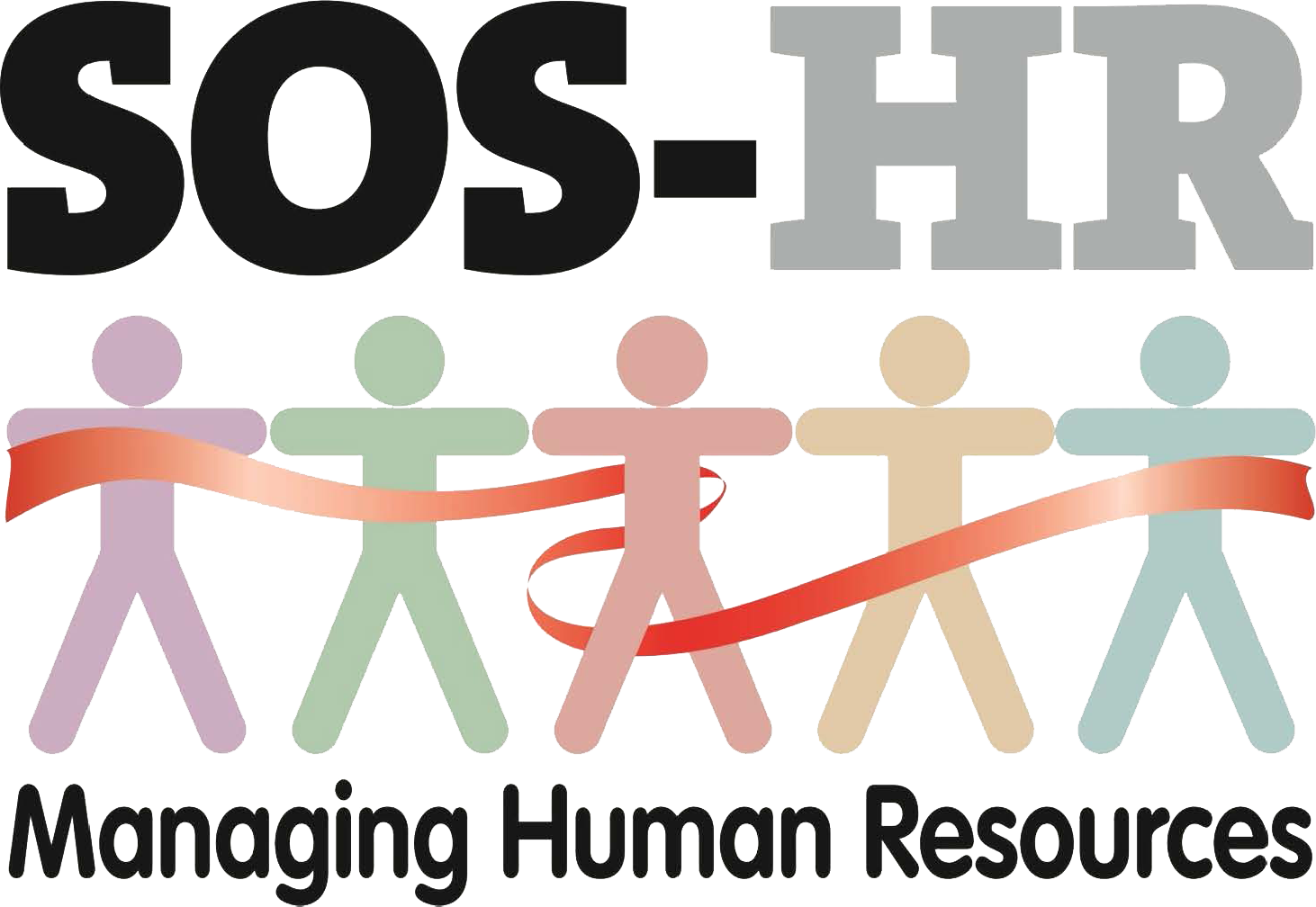Workplace bullying needs proactive HR management
This year Anti-Bullying Week kicks off with Odd Socks Day on Monday 13th November 2023, this is when we are encouraged to wear different socks to promote individuality and inclusivity as well as broaden our awareness of bullying. It is coordinated by the Anti-Bullying Alliance, which is based at the National Children’s Bureau, a registered charity. Not only is it raising awareness, but it is also looking to raise money to help worthwhile causes. Whilst centred around young people the learning and sharing of information on what bullying looks like and how it can impact on people is important, research shows that children who are bullied often experience the impact of this well into adulthood.
Bullying doesn’t stop when a person leaves school and many people will suffer workplace bullying and this remains a significant issue especially with the increase of cyber-bullying. Workplace bullying is a persistent pattern of mistreatment. Those subjected to bullying can experience physical symptoms as well as emotional ones. The law in the UK protects individuals from suffering a detriment but the legal position can be complex. There is no single piece of legislation for workplace bullying and below are some which cover this:
The Equality Act 2010, if linked to a protected characteristic
The Employment Rights Act 1996
Breach of contractual terms
Protection of Harassment Act 1998
Health and Safety at Work Act 1974
Whistleblowing - Public Interest Disclosure Act 1998
Employers have a responsibility to provide a safe work environment, and this extends to work-related activities whether these be in the workplace, at a third-party site, work parties or outings. Promoting a positive and tolerant climate at work for everyone can be challenging. Organisations should have clear well-designed policies on anti-bullying and anti-harassment which show zero tolerance towards any inappropriate behaviour, and these should be communicated to everyone. There should be training for all to recognise improper and intimidatory behaviour and the importance of promoting respect. Individuals should know how to report an incident, make a complaint and how to get help. Allegations should be treated seriously, dealt with promptly, sensitively and confidentially. The policies should be reviewed regularly for effectiveness. Guidance and counselling can be offered to those whose behaviour is unacceptable as well as those who are affected as simply punishing the offender will not help them understand how or why their behaviour was inappropriate and how it affected their colleagues.
Therefore, if you need help with drafting a policy, reviewing existing documentation or dealing with an issue please contact us on 01473 276170, email us at soshr@sos-hr.co.uk or use our contact page.
